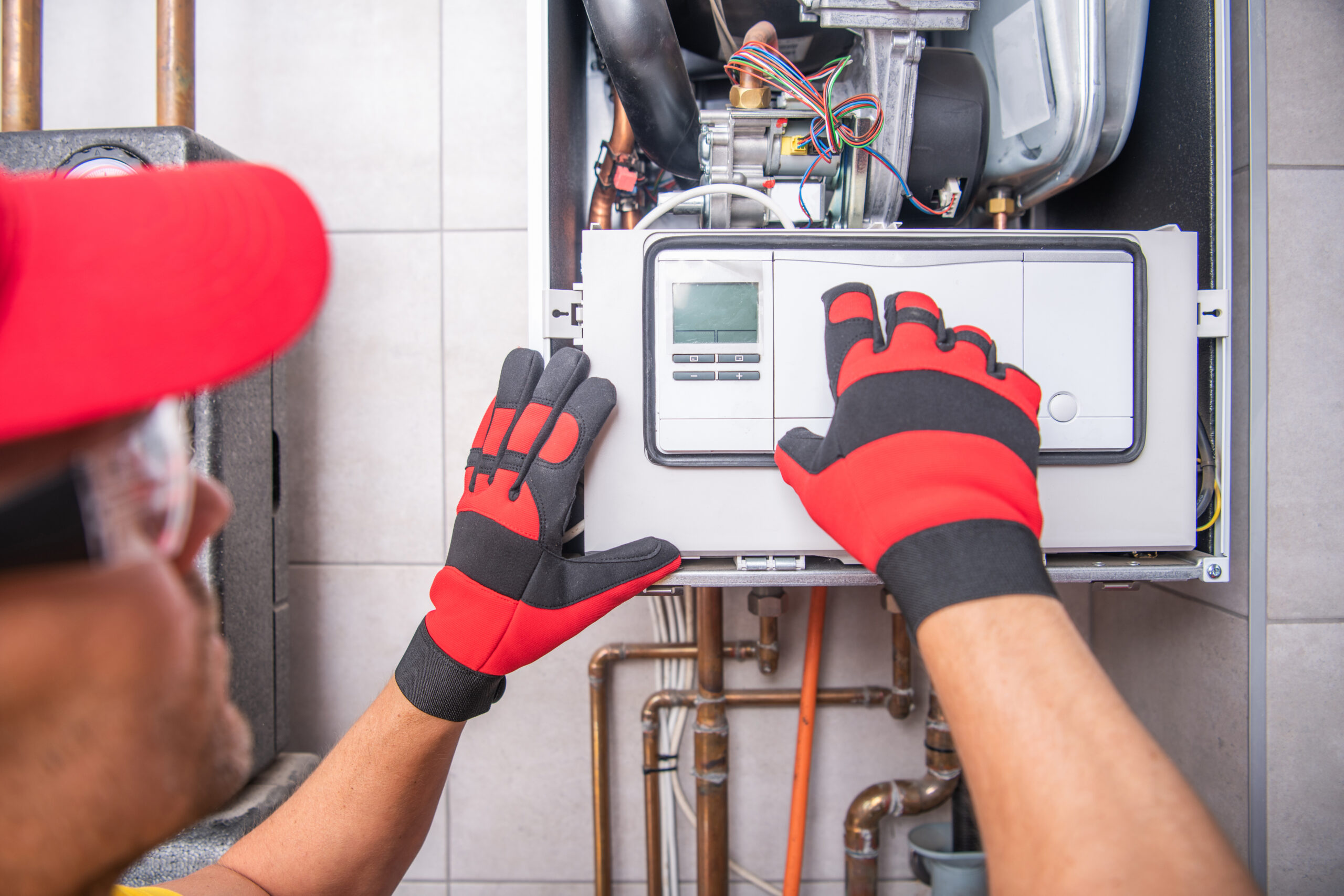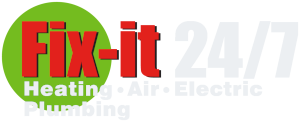As a homeowner in Denver, understanding and investing in the best heating and cooling solutions for your home is essential. With the region’s unique climate and temperature fluctuations, ensuring year-round comfort while maintaining energy efficiency can be challenging. One highly effective solution that Denver homeowners can consider is installing a heat pump. This versatile and efficient system can provide both heating and cooling for your home, making it an excellent all-in-one solution. As a trusted plumbing, HVAC, and electric service provider, Fix It 24/7 is dedicated to assisting Denver residents in finding the right fit for their home comfort needs.
This comprehensive guide will delve into the world of heat pumps, covering everything from benefits and different types of systems to installation costs and maintenance tips. Our goal is to provide Denver homeowners with all the necessary information to make an informed decision regarding heat pump installation and ensure their homes are optimally comfortable and efficient throughout the year. Trust the expertise of Fix It 24/7 to help you navigate the process and enjoy the improved quality of home life that comes with a well-functioning HVAC system.
Benefits of Installing a Heat Pump in Your Denver Home
Energy Efficiency: One of the most significant advantages of a heat pump is its energy efficiency. Heat pumps transfer heat instead of generating it, making them more efficient than traditional furnaces and air conditioners.
Year-Round Comfort: Heat pumps provide heating and cooling, making them an excellent solution for Denver’s varying climate. In the winter, heat pumps extract heat from the outside air or ground and transfer it inside your home, while during the summer, they reverse this process, removing heat from the indoors and moving it outside. This all-in-one system simplifies climate control and year-round comfort.
Reduced Carbon Emissions: With the increased efficiency of heat pumps, they produce fewer greenhouse gas emissions compared to traditional heating systems. Installing a heat pump in your home can help to reduce your carbon footprint and contribute to a cleaner environment.
Types of Heat Pumps
Air-Source Heat Pumps: The most common type of heat pump is the air-source heat pump, which transfers heat between your home and the outside air. These systems are suitable for moderate climates like Denver and can provide efficient heat down to temperatures around 20°F. Advances in technology have made air-source heat pumps even more efficient in recent years, with some models having a seasonal energy efficiency ratio (SEER) of 20 and a heating seasonal performance factor (HSPF) of 13.
Ductless Mini-Split Heat Pumps: Ductless mini-split heat pumps are a popular option for homeowners without existing ductwork or who require heating and cooling in specific rooms. These systems consist of an outdoor compressor unit and an indoor air handler. They require only a small hole for refrigerant lines and power cables, making the installation process less invasive.
Ground-Source (Geothermal) Heat Pumps: Ground-source or geothermal heat pumps harness stable underground temperatures by using a series of buried pipes filled with water or refrigerant. These systems are more expensive to install but offer greater efficiency and longer life expectancy (up to 25 years). Additionally, they are quieter and have lower operating costs compared to air-source heat pumps. However, the installation process is more involved and may require additional permits or inspections.
Installation Costs and Factors to Consider
The cost of installing a heat pump varies depending on the type of system, size, labor, and additional features. While air-source heat pump installations may range from $3,500 to $7,500, ground-source heat pumps can cost between $15,000 and $30,000 due to their more involved installation process.
Before installing a heat pump, consider the following factors:
- Climate: Heat pumps are most efficient in moderate climates with mild winters. In colder regions, choose a heat pump designed explicitly for low-temperature operation.
- Existing Infrastructure: Assess whether your home has existing ductwork, insulation, electrical capacity, and ventilation systems in place that can accommodate the heat pump installation.
- Size and Capacity: Proper heat pump sizing is crucial for optimal performance. An undersized system will struggle to maintain comfortable temperatures, while an oversized system can lead to short cycling and reduced efficiency. Consult an HVAC professional at Fix It 24/7 to determine your home’s appropriate size and capacity.
- Energy Efficiency Ratings: To determine the efficiency of a heat pump, look for its SEER rating (for cooling) and HSPF rating (for heating). Higher ratings indicate higher efficiency and potential energy savings. We also recommended selecting a heat pump that is ENERGY STAR certified.
Maintenance Tips for Consistent Performance
Regular heat pump maintenance is essential for ensuring its longevity and optimal performance. Here are some tasks homeowners can perform:
- Replace or clean air filters regularly (about once a month) to maintain proper airflow and efficiency.
- Clean the outdoor unit to remove debris, dirt, and obstructions, which can reduce the system’s performance.
- Check the refrigerant levels, and consult our professionals if levels appear low.
- Have your heat pump inspected and serviced by an HVAC professional at least once a year to tackle more complex tasks such as checking electrical connections, duct sealing, or examining the blower assembly for wear and tear.
Invest in Your Comfort with a Heat Pump Installation
Heat pump installations can significantly improve your Denver home’s comfort and energy efficiency. By considering factors such as climate, existing infrastructure, size, and capacity, and investing in regular maintenance, you can ensure optimal performance and longevity for your heating and cooling system. As a homeowner, making informed decisions about your home’s HVAC needs will bring comfort and contribute to a cleaner environment and savings on energy bills.
Ready to take the next step in maximizing your home’s comfort with a heat pump installation? Trust the experts at Fix It 24/7, Denver’s premier plumbing, HVAC, and electric services provider. Contact us today to schedule a consultation and let our experienced team help you select, install, and maintain the perfect heat pump system for your unique needs and lifestyle.

